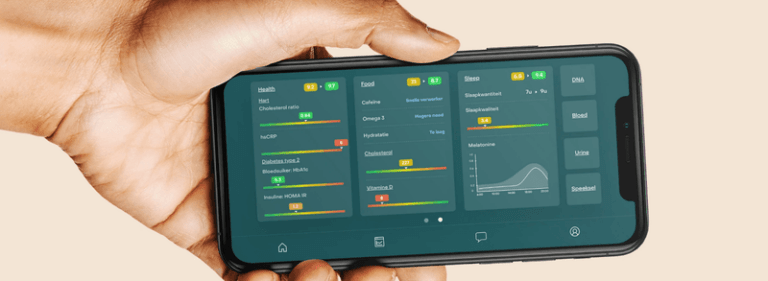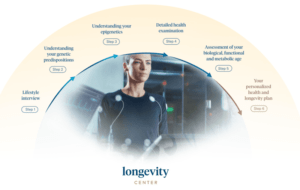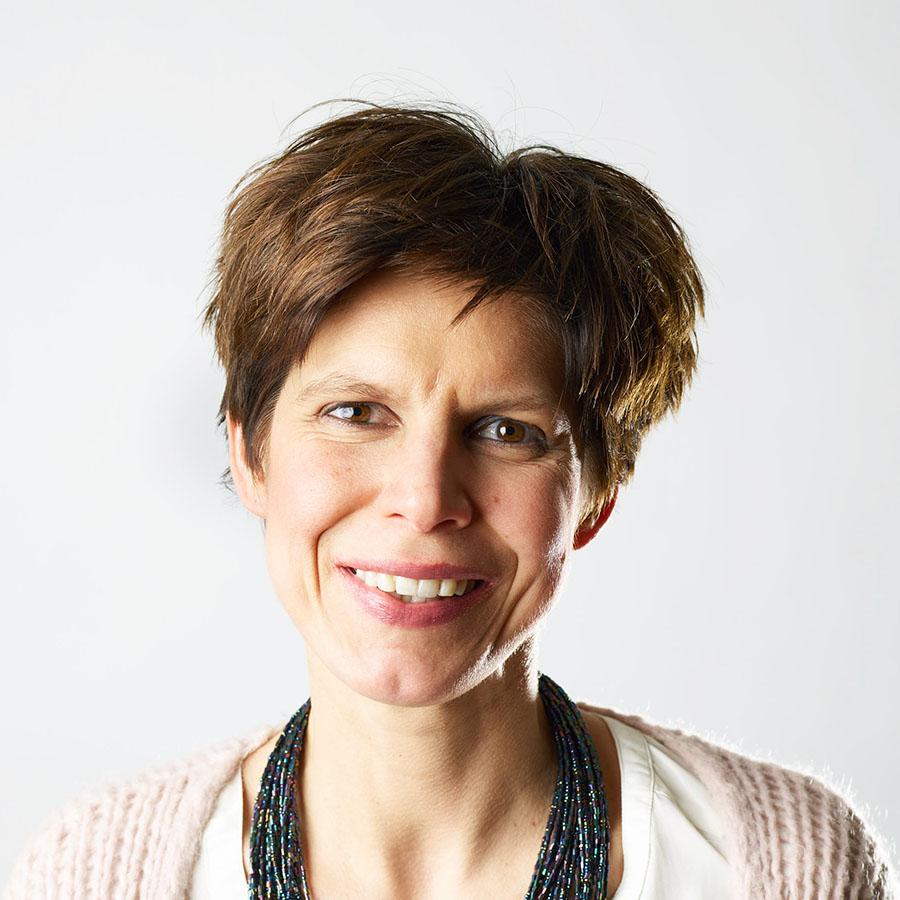Lifestyle medicine is a rapidly growing field that focuses on preventing and managing chronic diseases through lifestyle changes. Lifestyle medicine clinics offer comprehensive care plans that help patients make sustainable changes to their diet, exercise, sleep, and stress management.
Hospitals in the USA and Europe are increasingly investing in lifestyle medicine clinics, recognizing the potential of this approach to improve patient outcomes and reduce healthcare costs. These clinics provide a range of services, including individual consultations, group classes, and digital tools.
Both private and public hospitals are setting up lifestyle medicine services.
Here are some examples that caught our attention:
First lifestyle medicine program in a public hospital setting in the USA: NYC health+ hospitals
With the support of the NYC-mayor Eric Adams, the largest public health care system in the USA, NYC Health+ Hospitals, introduced a lifestyle medicine program in 6 out of their 11 hospitals. NYC health started in one hospital, and is now expanding to other sites in the New York region.
Dr Michelle Mc Macken, a leading professor on nutritional medicine, was appointed to be Medical Director of the program. It’s the first of its kind in a public hospital in the USA.
Patients with (pre-)diabetes, cardiac problems, high blood pressure, and health concerns regarding obesity can follow a ‘Plant-Based Lifestyle Medicine Program’ to make the shift to optimize health, reduce risk of disease complications and improve overall well being.
It means they receive a medical evaluation and have access to personal sessions with a multidisciplinary team and to group sessions. The program is based on a plant-based diet, but also includes physical activity, stress reduction, sleep monitoring, .. .
The outcomes we’ve seen in the Bellevue-program are tremendous- Dr Michelle Mc Macken
A pilot study in the Bellevue hospital has been very successful: demand was high and even exceeded capacity. People taking part in the program mainly wanted to gain more control over life, reduce medications and lose weight. Operation of the program is now being scaled-up and future research will map clinical outcomes.
It’s no surprise this initiative is strongly supported by NYC mayor Adams and NYC Health and CEO Mitchell Katz.

The first is known for his personal mission to drive New Yorkers to a healthy lifestyle, being confronted with Type 2 Diabetes himself. And Dr. Mitchell Katz is a leader determined to make healthcare accessible and more lifestyle oriented. He started integrated care during his past as director of the LA County Health Agency and is also well known for his previous ‘Healthy San Francisco’-initiatives.
It looks like both men and Dr. McMacken are now determined to build New York city as a healthy city-example.
So it takes no-nonsense choices to make healthcare innovation successful. New strategies and models for preventive health are possible.
Some other examples of lifestyle medicine clinics in the USA are:
- The Cleveland Clinic Wellness Institute in Ohio, USA
- The Mayo Clinic Healthy Living Program in Minnesota, USA
Across the Atlantic in Europe, we’ve seen a growing trend of hospitals offering lifestyle medicine services and models. This is happening in both private lifestyle medicine centers and general and public hospitals.
Private lifestyle medicine clinics in Europe
1) Concierge Medicine Europe
Concierge Medicine Europe opened its doors in May 2021 in Prague (Czech Republic) and is a private hospital with no incorporation in the public system. The aim here is not to just treat, but to really offer lifestyle medicine and preventative care with a personalized approach.
Concierge ‘wants to redesign the way healthcare and prevention is delivered’.
A multidisciplinary team not only has a yearly check-up for you, but integrates a lifestyle medicine health plan and coaching into your personal 360° prevention and care, coordinated by a personal GP. It also includes medical services. Patients pay a yearly membership fee in a B2C model, or can join in a B2B2C model.
2) Leadlife in Belgium
In Belgium, Leadlife is a specialized digital-first center for lifestyle and health prevention.
Leadlife offers a personalised measurement and lifestyle medicine program: 2measure and 2improve.
Founded and coordinated by Dr. Servaas Bingé, the aim is to develop more centers in Belgium in the years to come.
Patients can have a leadlife program in a B2C or B2B2C model.
In 2023, Leadlife was also chosen to be partner of the GLOWH campaign (healthy lifestyle at work) of the regional Flanders government for all its employees.

3) Longevity Centers in Poland, Germany and Switzerland

And in Poland, Germany and Switzerland, 3 Longevity centers focus on biological age and offer 12-months programs including measurement, healthy lifestyle interventions and medical coordination by specialists.
The centers opened in 2019, just before the covid pandemic and were founded by Joanna Bensz. She is also the founder of the International Institute of Longevity.
Hospitals in the Netherlands and Belgium include healthy lifestyle services in their program
In the Netherlands, some hospitals have started with dedicated lifestyle departments, offering diagnostic, coaching and monitoring services. GP’s or specialists can refer patients to the multidisciplinary centers. The cost of the program is partly covered by Dutch health insurance.
The most integrated offer, including diagnosis, modules of several lifestyle medicine pillars, follow up and a patient journey app, is the one of Anna Ziekenhuis in the Eindhoven region.
Also Dijklander ziekenhuis, situated in Volendam has a lifestyle clinic. Their program started in 2021 and uses lifestyle medicine to improve the life of pain patients.
In Belgium, hospitals AZ Voorkempen and AZ Klina joined forces in 2023 to set up the KOALA program, tackling obesity and promoting healthy lifestyles with a team of multidisciplinary experts.
Takeaways from this article:
As lifestyle medicine transitions from the realm of education to practical implementation, healthcare stakeholders worldwide are actively seeking the most effective business models to support this shift.
Hospitals are increasingly investing in lifestyle medicine and integrative medicine, but the search for the optimal model and service offerings continues.
Some hospitals opt for individual “patient points for healthy lifestyle” while others establish integrated departments to address the needs of larger patient populations.
Changing business models in health prevention are paving the way for reimbursement of hospital programs by both public and private health insurances.
We anticipate a further surge in investment in lifestyle medicine programs by hospitals and health insurances in the years to come, driven by the growing demand for outpatient services.
The development of lifestyle medicine departments fosters new career opportunities for general practitioners, paramedical professionals, and health coaches alike.
Interested in lifestyle medicine and integrative medicine? This might be interesting for you too:
- download our infographic on the 6 pillars of lifestyle medicine
- explore our content library on lifestyle medicine strategies and examples
- join our mastermind group for healthcare professionals: it’s a peer group of multidisciplinary health care professionals that meets online once a month. Lifestyle medicine is an important topic in this group.
- book an online course on lifestyle medicine services, models and the ecosystem– for founders of lifestyle medicine practices, board members of hospitals and companies
Thanks to Gianna V., co-author of this article.










